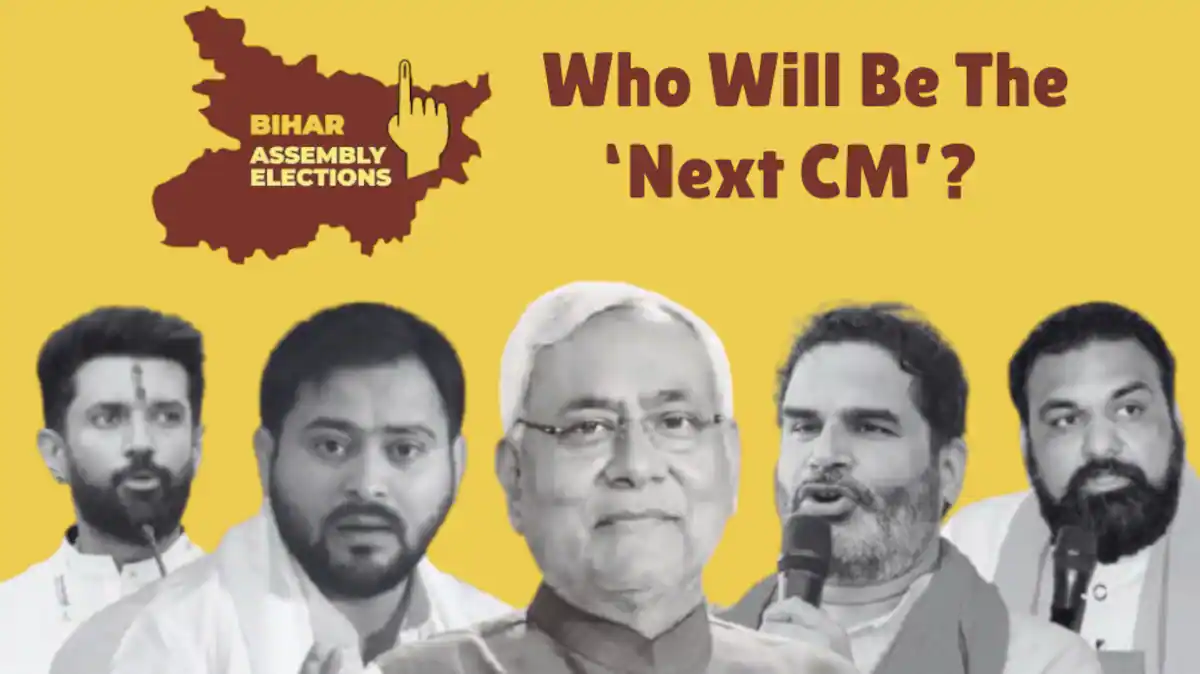Copyright newstatesman

One morning in the summer of 2010, nursing a hangover at Reading festival, a Teach First recruiter called me up. That year, there was a shortage of maths teachers and I resolved to apply to the training scheme. It was one of the best decisions I’ve ever made. Teaching gave me the confidence to do the job I do now – representing my community of Hitchin – and the necessary thick skin that comes from prolonged exposure to teenagers. When I look back at my time in teaching, however, some of my most vivid memories are of fantastic boys that the system was letting down. Disaffected with school, many of them didn’t see the world as something designed to speak to or work for them. In the years since I entered teaching, the challenges facing men and boys growing up in Britain have only become more acute. Parents and young men tell us that positive male role models in formative years can feel few and far between. Only 26 per cent of teachers are men, falling to 14 per cent in primary education. The hollowing out of local youth services under austerity swept away access to community leaders. A globalised and yet increasingly fragmented social media landscape – aided by most Brits owning a smartphone by age 11 – means that the role models boys see are not rooted in their communities or accountable to the usual authority figures. Men make up 60 per cent of unemployed young people who are not in education, employment or training. Men live shorter lives than women by an average of four years. Seventy-four per cent of those who die by suicide are male. The data speaks to a crisis in our men and our boys. With the system failing them, perhaps it should be little surprise that we are witnessing a new split in political leanings. More in Common found that young men without degrees are significantly more likely to be Reform-curious than their female counterparts. YouGov’s most recent voting intention tracker shows a nine-point differential between men and women in their support for Reform. This increasing gender bifurcation of academic attainment, health outcomes and political sympathies should be a wake-up call for progressives. Strong democracies rely upon commonality, a society that feels as though the social contract is working and a shared experience of contribution and opportunity. As a Labour MP in 2025, I know the populist playbook of divide and conquer a little too well. It is no coincidence that Andrew Tate and Jordan Peterson appeal to young men. They talk of how liberal society has failed and how things will improve if you take control over your life. They encourage boys to tidy their rooms, make their beds and go to the gym. They espouse an ideology of personal responsibility that resonates with young men. If progressives are going to take them on, we need to learn from this appeal. Left-wing political circles tend to focus on the complex structural causes of issues and, in our proposed solutions, we often fail to speak of personal accountability as a necessary tool for building the lives we want for ourselves. Removing this sense of responsibility is disempowering. And, yes, emasculating. No wonder then, that young men are drawn to influencers who give them the tools to better themselves, to embody a vision of masculinity in their everyday life that they feel they can take pride in. One problem is that personal responsibility tips into – at best – a reality-defying individualism. Rather than being told to work hard at school or in employment, Tate refers to traditional work as partaking in “the Matrix” and disavows academic study (with the notable exception of his formerly named “Hustlers University”, a set of online courses on passive income that can be accessed for a monthly fee of $49). Tate – and others like him – are no different to the snake-oil salesmen before them, hawking get-rich-quick schemes to desperate customers. Another grave problem with the vision of masculinity that Tate and others traffic in is the physical, sexual and social domination of women. Tate, it should be noted, is facing multiple charges of rape, actual bodily harm and human trafficking – all of which he denies. It is a popular refrain in the manosphere that feminism is the problem, and the proliferation of this view – alongside a sharp rise in misogyny – into our schools has been widely reported on. The youngest men have become less liberal than their grandfathers on the question of whether gender equality has gone too far. It is true that gender roles have been transformed over the last half century, in no small part due to deindustrialisation and our transition to a service economy. In tandem with those shifts, feminist movements rightly sought to liberate women from the confines of traditional roles and expectations. For many people, those changes amounted to a liberation. We shouldn’t accept the suggestion that we can turn back the clock to an economic model that is long gone and to a society that narrowed the horizons of men and women alike. But it is also true that those economic changes left too many people behind, and destabilised a prevalent idea of what it means to be a man, creating a vacuum that bad faith actors have capitalised on. Like it or not, the manosphere has provided a blueprint of masculinity in spaces where there wasn’t one. The rejection of the traditional role of man as protector and provider has ceded ground to a masculinity that is instead domineering. More in Common found that men consistently cite “keeping loved ones safe” and “providing for your family” as values that are the most important to them. But a progressive discomfort with gender stereotypes has made us reluctant to ground masculinity in providing for family and community. This isn’t just counterproductive, it’s wrongheaded. After all, isn’t providing for and protecting others a key part of the social contract progressive that visions are built upon? With Labour in government, we have the power to fix the social contract – to provide young boys with our own model of hard work and fair reward. Recent policy announcements from the government have started us down the right path. Our commitment to the UK’s first Men’s Health Strategy and significant refocusing on vocational education speak to a party that is comfortable using real bandwidth on uplifting men and boys. But we must go further still. We must build a new vision of modern masculinity – one that works for boys and young men growing up today. Ensuring they are part of our solution is not only good for our national missions of growing the economy, building more homes and recruiting more teachers and mental health staff – it is critical for giving young men a pathway to feel pride in themselves. Positioning men as drivers of national solutions rather than the cause of societal challenges can be game-changing. Organisations like Beyond Equality have demonstrated the value of connecting with young men by encouraging them to view themselves as contributors to their community. We all have a responsibility to ourselves, each other and our country, and this must be at the core of Labour’s offer to our men and our boys. A meaningful conversation about modern manhood will require us progressives to stop being squeamish about the importance of tackling men’s issues in their own right, and drop our hang ups about the way we talk about modern masculinity. But the simple reality is, this conversation is already happening – it’s our choice about whether we want to be part of it. When I visit schools today, it’s impossible not to be inspired and moved by the young people I meet. But it’s also impossible not to be struck by the boys being let down in all the same ways as those I worked with a decade ago. And today, they have voices across the right queuing up to exploit their fears. We owe them far better than that. [Further reading: The Trump regime wants to make America white again]



